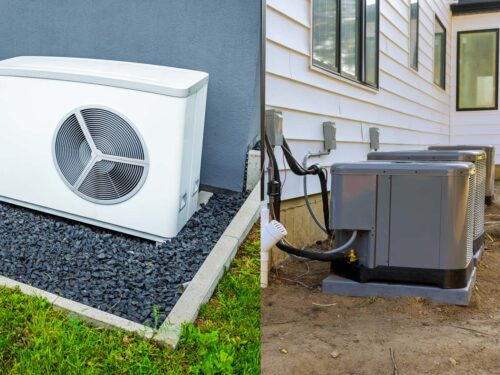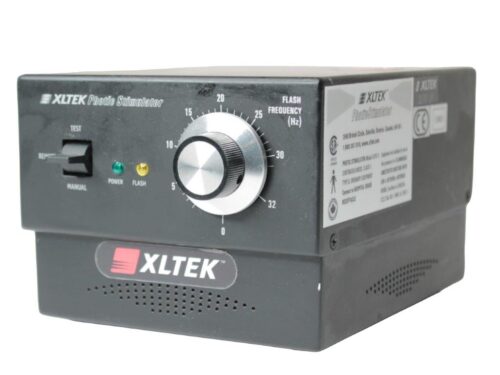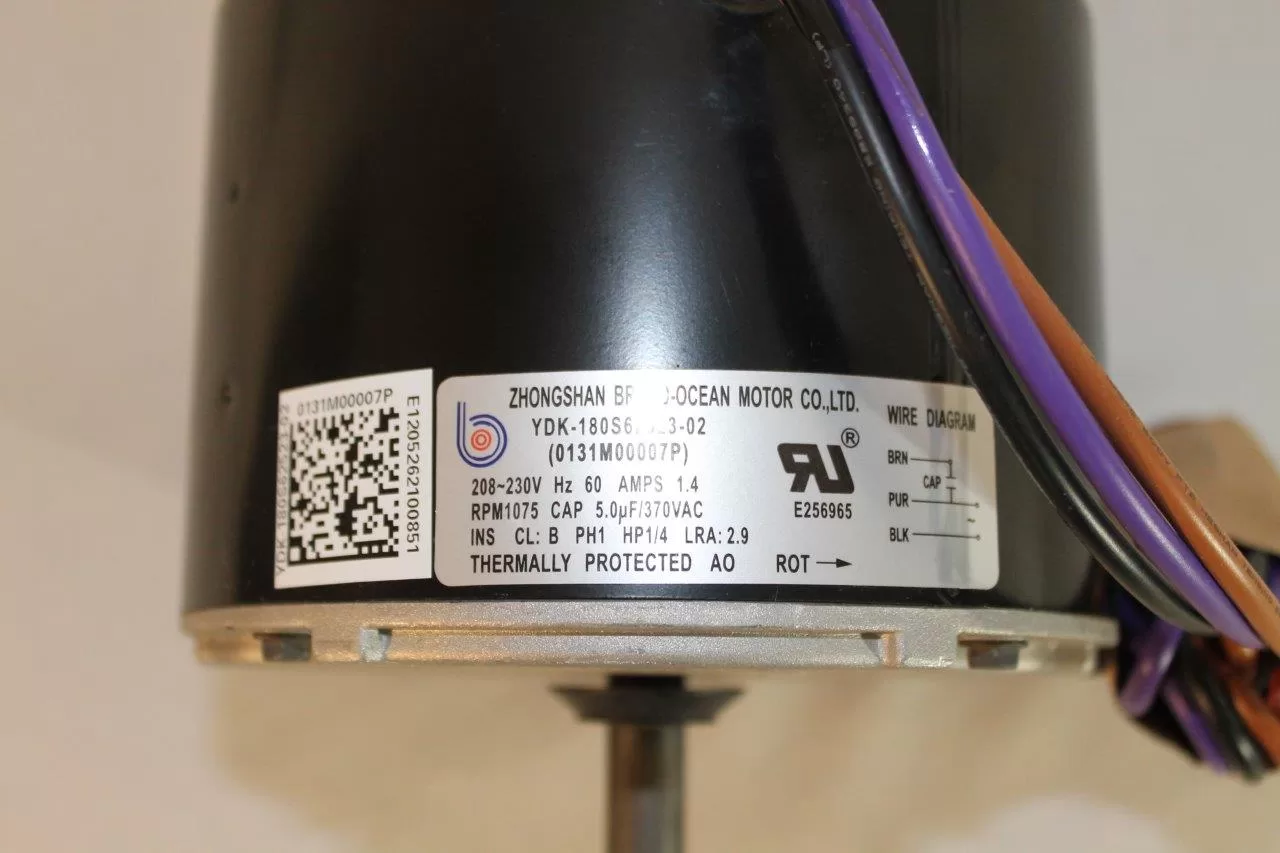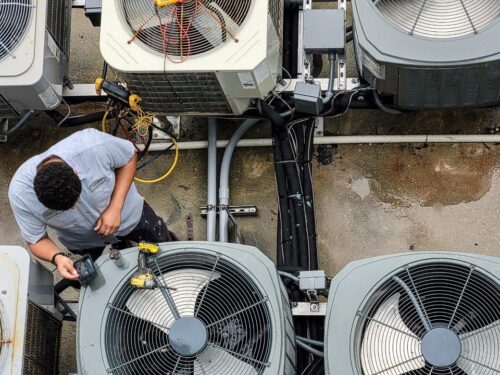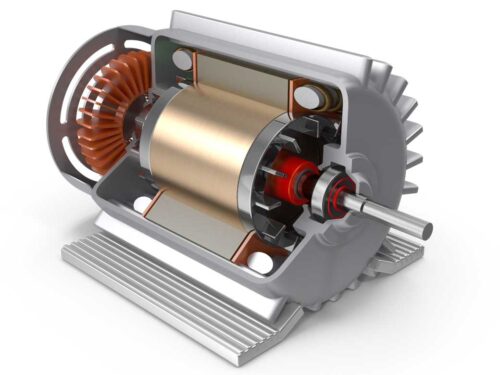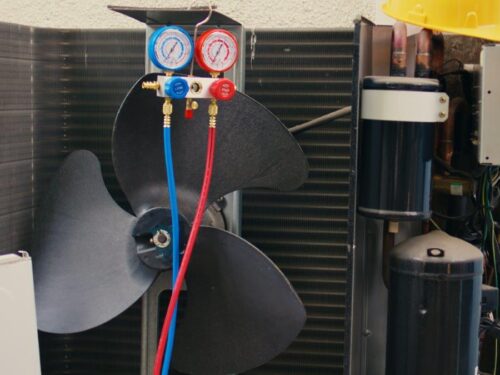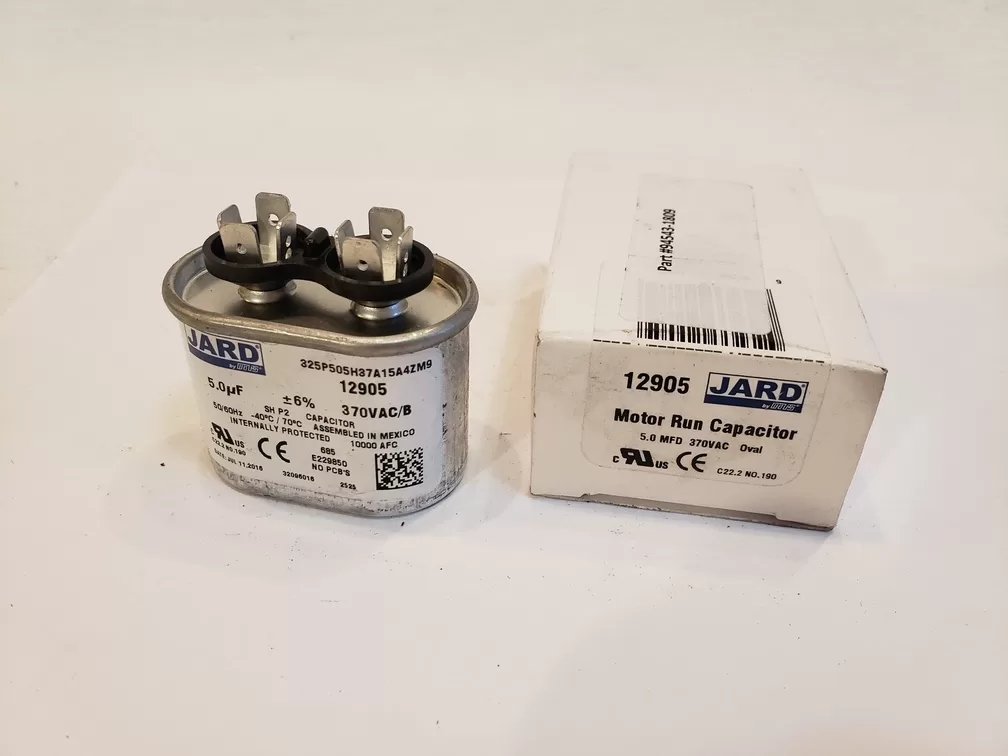
What Is a PSC Motor?
Let’s start with the basics. PSC stands for Permanent Split Capacitor. It’s a type of motor that’s pretty common in the HVAC world. It runs with a capacitor that’s always hooked up and in action, helping the motor maintain a steady and reliable speed.
The Upsides of PSC Motors
So, why would you choose a PSC motor? They shine in their simplicity. PSC motors are like the trusty old truck that keeps running without a hitch. They’re reliable, don’t cost an arm and a leg, and are quieter than a mouse in slippers. Plus, they don’t guzzle electricity, which means more money stays in your pocket.
When PSC Motors Are Just Right
These motors are great when you need a consistent speed. Think of a ceiling fan on a lazy, hot summer day — you want that steady breeze without any fuss. PSC motors deliver just that.
Advantages (When It’s Good):
- Energy Efficiency: PSC motors are more energy-efficient than shaded pole motors and some other types of AC motors.
- Low Noise: They tend to operate more quietly, which is desirable in home and office environments.
- Reliability: PSC motors have fewer components that can fail, which generally leads to a longer lifespan.
- Cost-Effectiveness: These motors are typically less expensive than their variable-speed counterparts.
Disadvantages (When It’s Bad):
- Limited Speed Control: PSC motors typically have one to three fixed speeds and lack the precise speed control found in electronically commutated motors (ECMs).
- Starting Torque: They have lower starting torque compared to capacitor start motors, which can be a disadvantage in some applications.
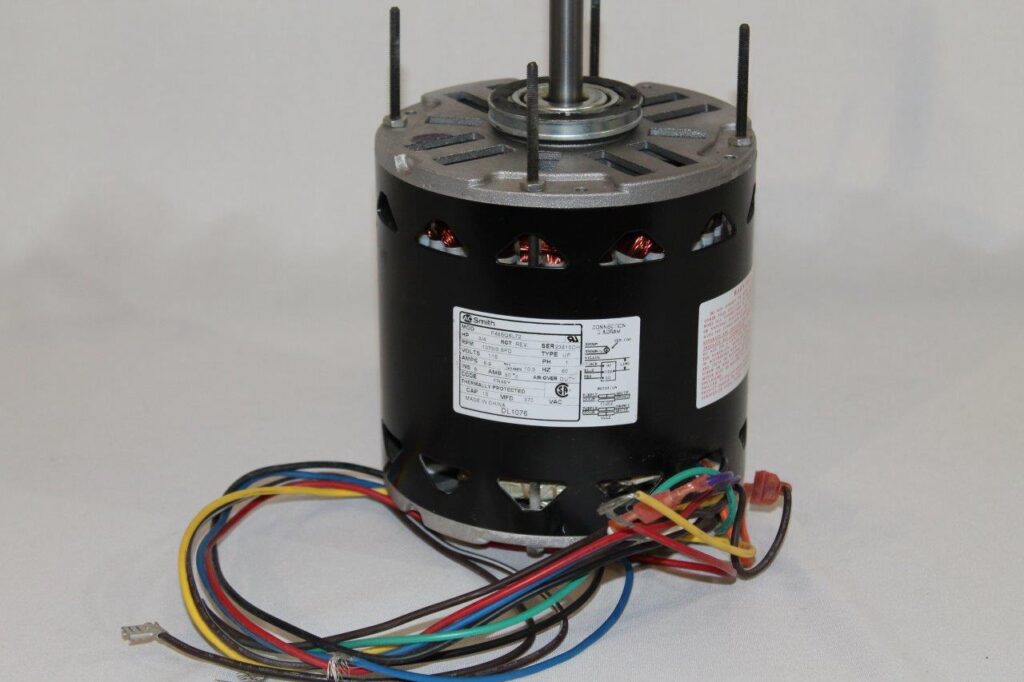
Practical Side of PSC Motors
Picking the Right Motor for Your HVAC System
Now, when you’re out hunting for the perfect motor for your HVAC system, keep a keen eye out for a few key details. The power rating of the motor should match what your system can handle. Then, double-check the voltage and current to avoid any electrical mismatches that could cause a headache later on.
When to Pass on PSC Motors
PSC motors aren’t superheroes. They won’t give you varied speeds or start with a kick like some other types might. If you’re after something that can sprint or crawl at the drop of a hat, you might want to look at other options.
Life With a PSC Motor
In the real world, these motors fit snugly in places where the job is straightforward. Take a furnace fan — it needs to run at a set speed to keep your toes toasty. That’s PSC territory. But if you’ve got a fancy, modern HVAC system that’s all about adjusting speeds for comfort and efficiency, you might need a motor that’s a bit more agile.
Implementing PSC Motors in Everyday Use
The Right Places for PSC Motors
When it comes to daily applications, PSC motors are the unsung heroes in many HVAC systems. Consider a residential air conditioning unit. The fan inside that circulates cool air through your home? It likely has a PSC motor spinning it. These motors are ideal for tasks that need a steady hand, or rather, a steady spin.
Benefits in the Real World
Let’s talk perks. With a PSC motor, you’re getting reliability. These motors are the steadfast workers that keep going, reducing the need for repairs. They’re also quieter than a cat on a carpet, making them a great choice in environments where noise is a no-go.
Energy efficiency is another feather in their cap. While they may not win a race against more advanced motors, they consume less power than many alternatives, making them a cost-effective choice for running essential, consistent-speed equipment in homes and businesses.
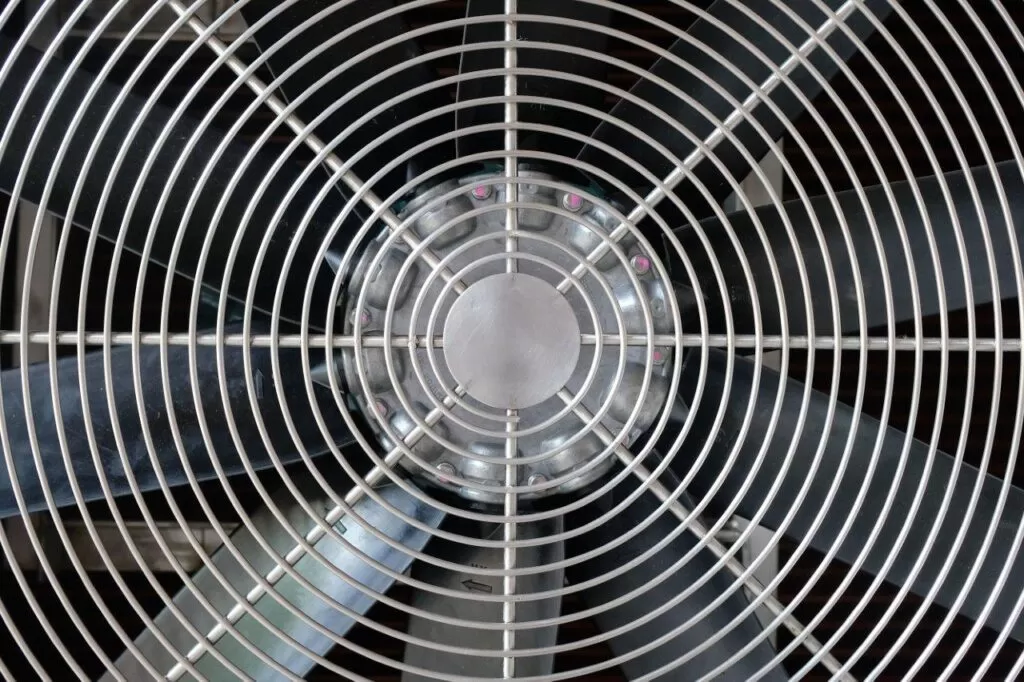
How to Choose a PSC Motor for Your HVAC
Imagine you’re at the store, eyeing a range of PSC motors for your HVAC system. How do you pick the right one? First, match the motor’s power and voltage with your system’s requirements — it’s like choosing the right size of shoes. Then, consider the environment where it’ll work. A PSC motor in a residential furnace needs to be robust enough to handle the heating demands without overworking.
How to Choose or Determine for HVAC Systems:
When selecting a PSC motor for an HVAC system, consider the following:
- Power Rating: Ensure the motor’s power rating matches the system’s requirements.
- Voltage and Current: Match the motor’s voltage and current specifications with the HVAC system’s electrical supply.
- Mounting: Check the mounting type (e.g., belly band mount, end shield mount) and size to ensure compatibility with the HVAC unit.
- Shaft Size: The motor’s shaft diameter and length must fit the fan or blower wheel it will drive.
- Speed: Determine if the fixed speed(s) of the PSC motor align with the airflow requirements of your HVAC system.
In residential HVAC systems, PSC motors are often a good fit for cost-effectiveness and efficiency in standard use cases. However, for applications requiring greater control over motor speed and more energy savings, an ECM might be a better choice, despite the higher initial cost.
Practical Examples from Life
In an office building, the ventilation fans that keep the air fresh and prevent that mid-afternoon work slump? They often use PSC motors. In your home, the motor in your air handler that circulates warm or cool air depending on the season is likely a PSC motor as well.
The Final Verdict on PSC Motors
In essence, PSC motors are the reliable choice for consistent, single-speed applications. They’re like the steady rhythm of a drumbeat, providing what’s needed without unnecessary complexity. For many homeowners and businesses, choosing a PSC motor means selecting a blend of efficiency, reliability, and quiet operation that meets their everyday needs without a fuss.
And there you have it—the ins and outs of PSC motors and how they play an indispensable role in keeping our environments comfortable and our systems running smoothly. Whether it’s the fan keeping you cool or the system circulating heat, PSC motors are there, doing their job, day in and day out.


